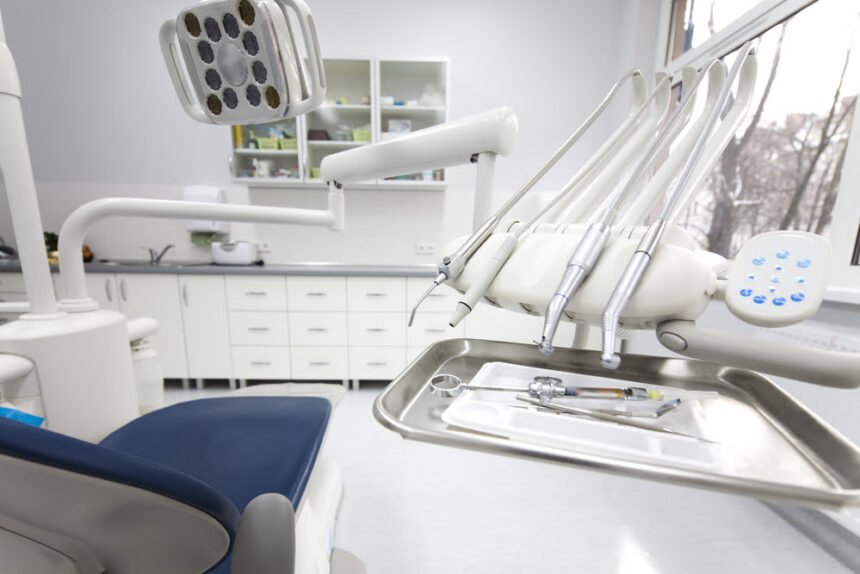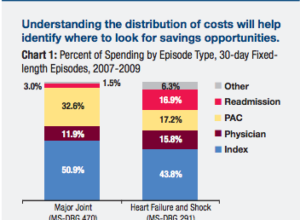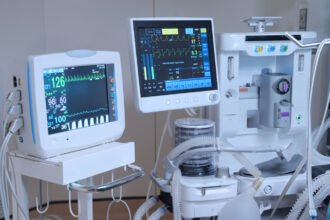People are starting to take a greater interest in the care of their dental hygiene. With enhanced knowledge of what it means to practice ideal dental hygiene, dentists are tasked with meeting newly informed consumers with higher standards of dental hygiene. To meet patient needs, here are seven essential tools every dentist needs at their practice.
1. A Dental Mirror
Using a dental mirror will help you better view your patients’ mouths from all angles. You’ll be able to spot cavities with items like this as well as others that are now shaping the future of dental care.
Dental mirrors allow you to provide thorough and detailed dental cleanings for patients. You’ll also become more aware of where dental assistance is needed in the mouth and how many dappen dish containers to include for each patient’s examination.
2. Various Dental Probes
All dentists should use dental probes to check for cavities and gum issues effectively. Sickle probes and periodontal probes are two dental probes that can be used to inspect the mouth for these kinds of issues. You may need more than one kind of dental probe to address all possible dental issues related to the gums and cavities.
3. Spoon Excavators: Dental Drill Alternatives
To begin with, knowing which tool to use depends on how soft the material inside the cavity is. Dental drills are sometimes unnecessary, and the decay inside cavities can be removed using spoon excavators. Spoon excavators may also be used to smoothen out teeth after dental procedures and to buffer any scratches on the teeth.
4. Dental Molds And Impressions
In many cases, you’ll need to get an accurate model of a patient’s mouth to plan out the correct sizing for various devices, braces, etc. To help with this process, dental impressions are used.
Dental impressions are also used to make finding cavities, gum issues, and the correct sizing needed for mouthguards and braces easier to accomplish. Dentists use liquid molds that patients bite down on to identify any issues like cavities or to create sizing for mouthguards.
5. Dental X-Rays And 3D Imaging
As a dentist, there will likely be many different scenarios where you’ll need to take images of a patient’s teeth and bones to identify problems that may not be immediately obvious. Dental X-rays and 3D imaging are helpful tools that can inform you of any root issues to address through dental intervention.
6. Dental Suction Hoses
To make working through each dental cleaning, exam, or procedure easier on you, be sure you have suction hoses in your practice for regular use.
Suction devices remove any buildup of saliva that may cause interference during a dental exam or procedure. These hoses make it easier for dentists to work without interruption from saliva in the mouth.
7. Essential Dental Drills
Dental drills are used to get rid of decay before filling in cavities. They are also used for polishing teeth after operations are finished. Sometimes, the material that builds within the cavity is firm and difficult to move. Dental drills make it easier to remove this build-up when it is too ingrained to be removed using softer, alternative devices.
Get Essential Tools For Your Dental Practice
Dentists use many different tools and devices to address dental needs. Although your practice could benefit from advanced dental gadgets, the above suggestions are the most common tools utilized in dental exams and critical components of a dentist’s toolkit. Be sure to include all of these items in your practice to ensure that you have all that you need to treat your patients.









